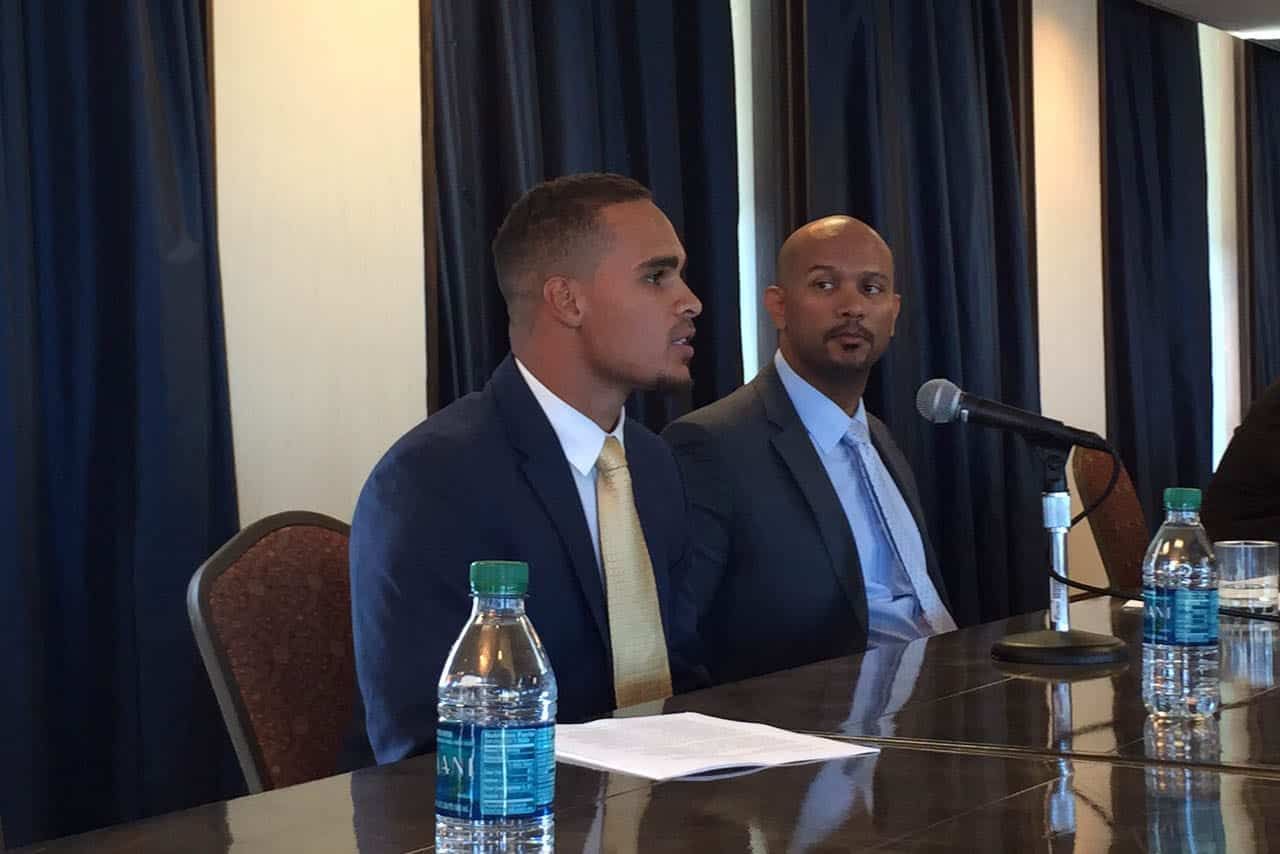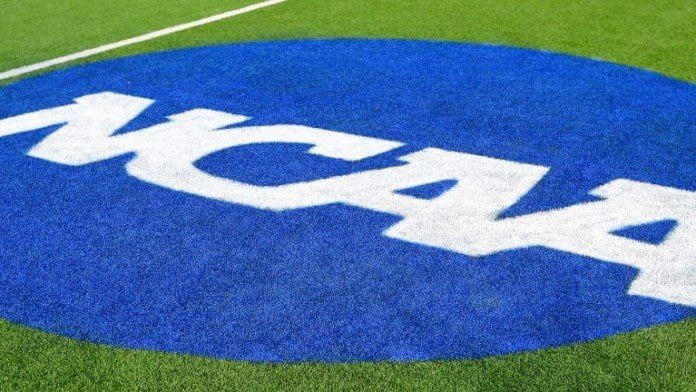
Recent history talks
While it is landmark legislation, it is not the first attempt at rallying behind the fuel to the NCAA money machine. It is not even the first attempt in the last decade. That history is the exact incentive that galvanized California SB 206 to boost the student-athlete. It is, however, very unique and has slowly come to a boil.
Famously, Kain Colter, former quarterback of Northwestern University, tried to incite major change for himself and his teammates by attempting to unionize in 2014. But the National Labor Relations Board (NLRB) dismissed their petition in August 2015, stating that the players could not unionize or collectively bargain as they are not classified as employees by any means. The efforts were even shot down by Northwestern University itself, as they encouraged their student body to vote down the football team’s secret ballot for the petition. The attempt was never considered something that would gain significant traction, but the efforts of Colter and the team were the first of its kind. The entire timeline is chronicled thoroughly by Sports Illustrated.
Very soon after, Electronic Arts (EA) Sports was sued by various former NCAA student-athletes for unauthorized use of their likenesses. EA Sports and the NCAA eventually reached a collective settlement for $60 million that would pay the 25,000 plaintiffs. The ruling also forced EA Sports to shut down its long-popular game franchises, including NCAA Football. Many high profile college football players lead this lawsuit to the forefront of the news, which coincided with the Ed O’Bannon case.
O’Bannon, a former college basketball star for UCLA, led a lawsuit of former student-athletes for the NCAA’s usage of player images within advertisements, reruns, video games, and other forms of media. The case was found to agree with O’Bannon on the violation of antitrust rules he pointed out, yet sided with the NCAA’s amateurism argument, leaving the court’s ruling as a step for former student-athletes.
Ultimately, it benefitted an NCAA that has yet to pay out likeness usage outside of the EA Sports settlement. O’Bannon’s suit motivated the eventual challenging of the Northwestern athletes and placed a larger onus on the issue at hand. Ever since O’Bannon’s filing in 2009, there have been 10 years of challenging the NCAA, all leading up to last week’s decision in California.

